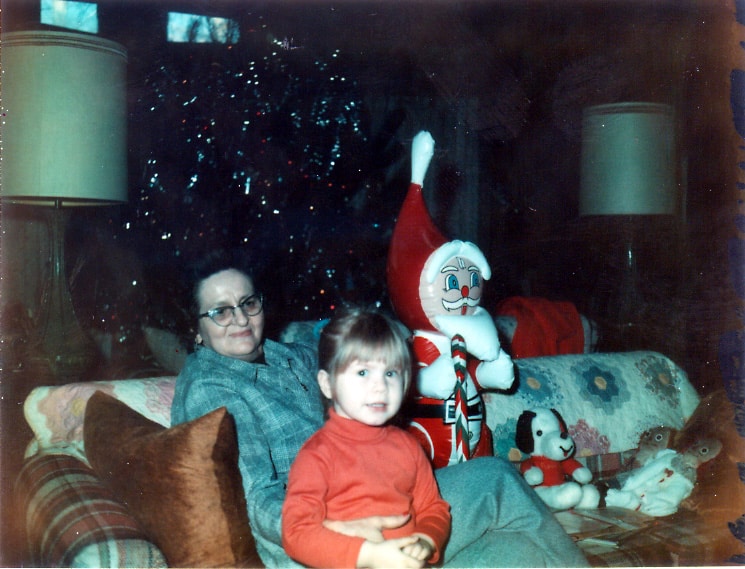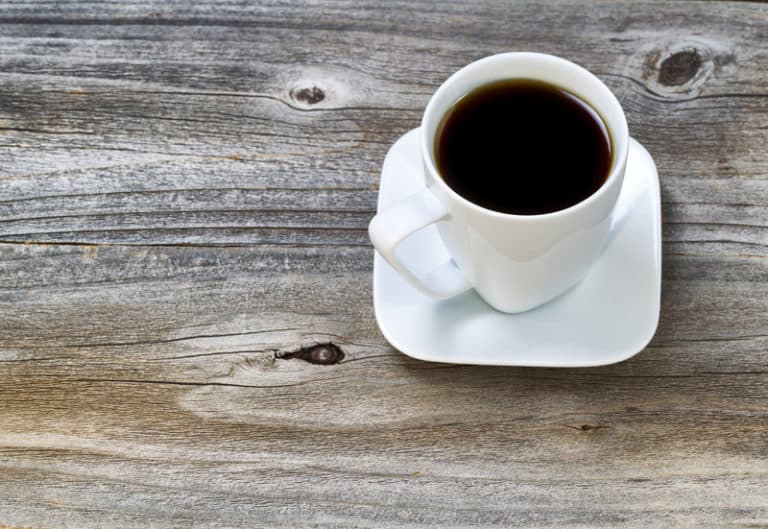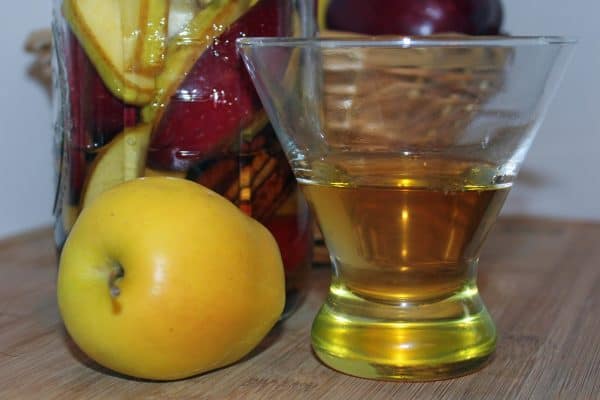Bridging Generations and Countries with Food
This post is inspired by the 52 Ancestors in 52 Weeks challenge by Amy Johnson Crow. The week 4 challenge is “Invite to Dinner”.
Food has always been a central part of my life. From holidays to family celebrations to culinary travel adventures, food is part of my identity.
When I was growing up, dinnertime was a time for my family to talk about what was happening in our lives. We shared daily challenges and triumphs, discussed plans for the upcoming weekend, talked about homework assignments and anything else that was pertinent. Dinner was when we communicated and I’ve carried that tradition to my own family. Sitting down to dinner is important – we can’t always manage on a nightly basis – but as often as possible, we’re plopped at the dining table sharing stories over a meal.
Often, we have a grandparent or two, aunts, uncles, cousins and friends who join us which makes the meal all the more special. Food brings people together … and can bring generations together.
The Cooks in My Family
I’m blessed to have recipes passed down through my Grandma Raines’ German family, and equally blessed to have cast iron skillets, Pyrex, and pressed glass baking dishes, some of which date back over 100 years. These things are important to me as they help tell the story of my family. And there are many stories that surround food.
Grandma bought a set of the primary-colored Pyrex nesting bowls in the 1950s and used them the rest of her life. The yellow bowl was for potato salad – which she always took to church potlucks and family gatherings. The green was full of green beans on Sundays. The red was for Jello – always “red Jello” because my grandpa wouldn’t eat any other color! The blue … well … it held a lot of things over the years! She never failed in what she used each bowl for, though. Today, these bowls sit on display in my house. Sometimes I put potato salad in the yellow bowl for Sunday dinner.
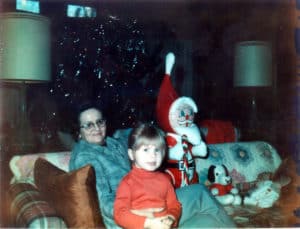
It was Grandma who, somewhat indirectly, sparked my interest in my German heritage … and German food. She passed in 2006, but I frequently find myself asking questions that would take 10 dinner conversations to answer!
“We Aren’t German”
Born in 1923, Grandma came of age during a time in America that being German was a scary proposition. The World Wars created an anti-German sentiment in the US so strong that it caused German families – mine included – to denounce their own heritage for fear of being considered loyal to the German Reich. Grandma was 3rd generation American-born. Assimilation of German-Americans accelerated and the German heritage and culture were all but obliterated.
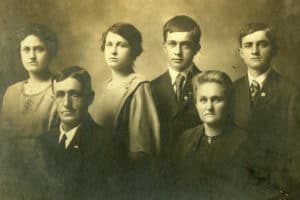
My grandma wouldn’t speak the language and wouldn’t cook traditional German food. And she would tell people our family was “Dutch”. Not quite the same.
When it came time for me to learn a second language in high school, German was a bit off limits. She didn’t want us connected – even decades after the World Wars.
In hindsight, German is the one language I’ve needed in my career!
Today, I’m German
None of this was of much interest to me when Grandma was alive. It wasn’t until I met someone from Germany – who is now one of my best friends – that my interest and fascination was sparked. Our first conversation upon meeting was all about German food and I think he was a bit surprised that I knew so much about sauerkraut and schnitzel.
Remember I said Grandma wouldn’t cook traditional German food? She really did … the recipes that had been handed down to her from her mother and grandmother … but she never called it that. It was just “supper”. I discovered many years ago that I had been raised on traditional German cuisine and didn’t even know it! That only encouraged me to learn more.
Today, I’m happy to tell people I’m German … I’m a lot German, according to my DNA! German food graces my table often … and I call it what it is. I’ve expanded that part of my cooking repertoire to include more traditional fare beyond what the American Midwest settlers handed down. I’ve had the opportunity to visit Germany twice on business and completely fell in LOVE. I’ve learned much from my German friends and colleagues, and even understand some of my own quirks and personality traits a little better – it’s amazing what hangs on through genetics!
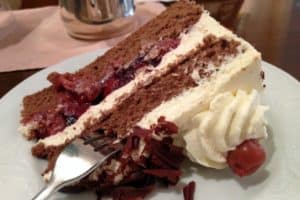
Being connected to our heritage is important. It helps us understand who we are and where we came from. Grandma’s family settled here because of fertile farmland that offered them an opportunity to thrive. They built their homes and raised their children here … faced challenges and shared triumph.
If I had a chance to have dinner once more with Grandma, I would tell her all these things. And I would ask her plenty of questions that I never thought to ask years ago.

